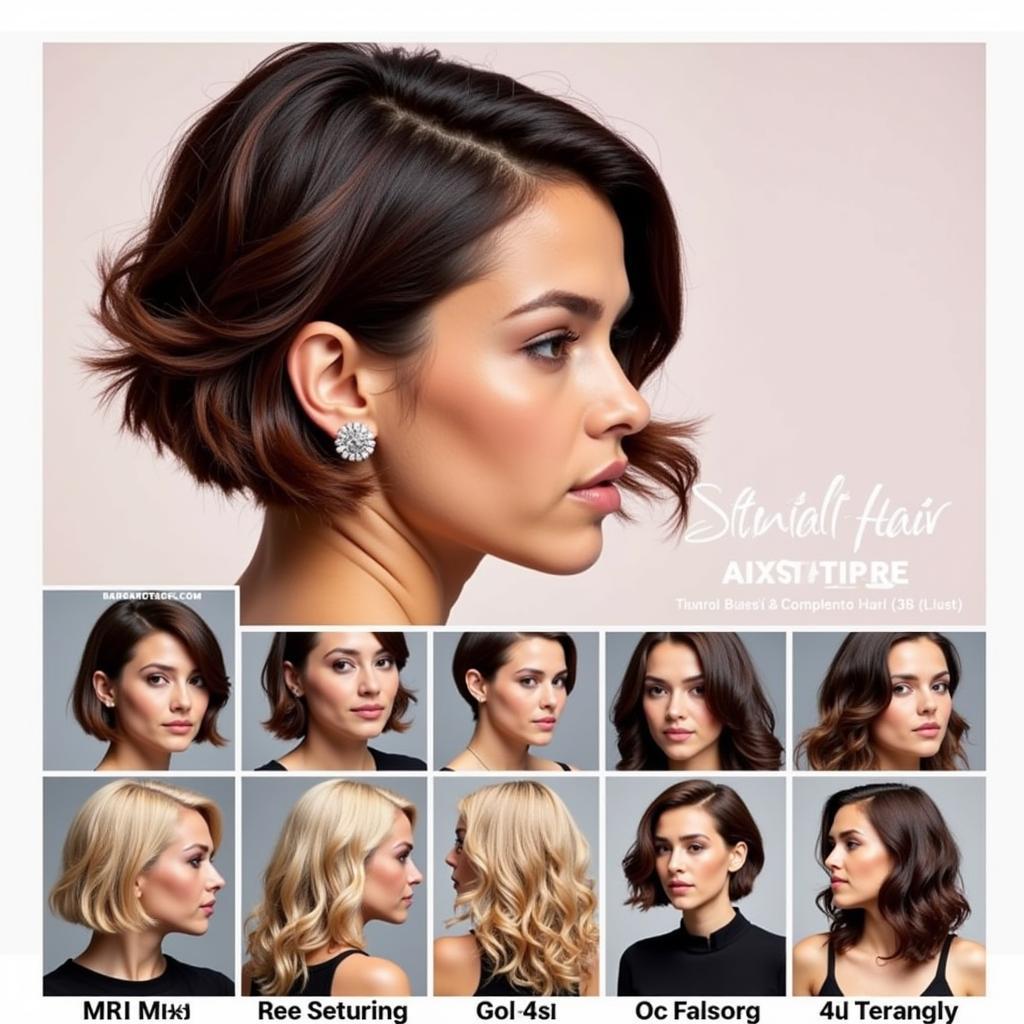Powerful African American Female Monologues from Plays
African American Female Monologues From Plays offer a unique and powerful window into the experiences, perspectives, and emotions of Black women throughout history and across generations. These monologues, often raw, honest, and deeply personal, provide a platform for Black female voices to be heard, celebrated, and understood.
The Significance of African American Female Monologues
These monologues are not just about individual stories; they reflect broader social, cultural, and political realities. They tackle themes of racism, sexism, identity, love, loss, and triumph, offering insightful commentary on the human condition through a distinctly Black female lens.
For aspiring and seasoned actors, these monologues present a rich source material for honing their craft. The emotional depth, lyrical language, and complex characters found in these plays provide actors with opportunities to explore a wide range of emotional registers and showcase their versatility.
Exploring Themes and Styles
African American female monologues cover a vast spectrum of themes and styles. From the poetic realism of Lorraine Hansberry’s “A Raisin in the Sun” to the sharp wit of Lynn Nottage’s “Sweat,” these monologues showcase the breadth and depth of Black female experiences.
Some recurring themes include:
- The struggle for equality and justice: Many monologues address the historical and ongoing fight against racism and sexism.
- The complexity of Black womanhood: These works delve into the multifaceted nature of Black female identity, challenging stereotypes and celebrating resilience.
- The power of love and family: Despite challenges, these monologues often highlight the importance of love, family, and community in Black life.
Notable Playwrights and Plays
Here are just a few examples of plays with compelling African American female monologues:
- “A Raisin in the Sun” by Lorraine Hansberry: This groundbreaking play features the iconic character of Mama Younger, whose monologue about her family’s dreams and struggles resonates deeply.
- “for colored girls who have considered suicide / when the rainbow is enuf” by Ntozake Shange: This choreopoem uses a series of monologues to explore the lives of seven women of color, giving voice to their pain, resilience, and strength.
- “Fences” by August Wilson: Rose Maxson’s powerful monologue about her love for her husband and her own sacrifices is a highlight of this Pulitzer Prize-winning play.
- “The Mountaintop” by Katori Hall: This fictionalized account of Martin Luther King Jr.’s last night features a captivating monologue by Camae, a mysterious maid who challenges King’s views and inspires him.
Finding and Using Monologues
When selecting a monologue, it’s important to choose a piece that:
- Resonates with you personally: Connect with the character’s emotions and experiences.
- Showcases your strengths as an actor: Choose a monologue that allows you to demonstrate your range and abilities.
- Is appropriate for the context: Consider the tone and theme of the audition or performance.
The Enduring Power of Voice
African American female monologues from plays are more than just words on a page; they are powerful expressions of identity, resilience, and the human spirit. By giving voice to often unheard perspectives, these monologues challenge us to listen, learn, and empathize with the experiences of Black women in all their complexity and beauty.


